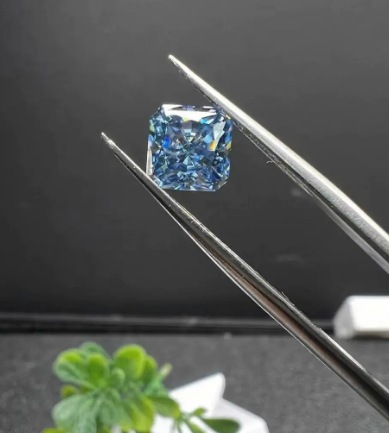Carbon silicide, also known as silicon carbide, is a compound of carbon and silicon with the chemical formula SiC. It is a hard, brittle, and refractory material with a high melting point of 2,730°C. Carbon silicide has many unique properties that make it a valuable material in various applications, including electronics, abrasives, refractories, and metallurgy.
One of the most significant properties of carbon silicide is its excellent thermal conductivity. This property makes it an ideal material for high-temperature applications, such as in electronic devices, where it can be used as a heat sink. Carbon silicide’s thermal conductivity also makes it useful in the manufacturing of high-temperature furnaces and kilns.
Another important property of carbon silicide is its high strength and hardness. It is one of the hardest materials known to man, with a hardness similar to that of a diamond. This property makes it useful in abrasives, where it is used to grind and polish hard materials such as metals, ceramics, and stones.

Carbon silicide is also a refractory material, meaning that it has a high resistance to heat and chemical corrosion. moissanite grillz.This property makes it an excellent choice for lining furnaces and other high-temperature equipment. It is also used in the production of ceramics, where it is used as a filler and to improve the mechanical properties of the material.
The unique properties of carbon silicide also make it useful in metallurgy. It is used as a deoxidizing agent in the production of iron and steel. Carbon silicide reduces the amount of oxygen in the metal, which improves its mechanical properties and prevents defects such as porosity and cracks.
In recent years, carbon silicide has become increasingly important in the field of electronics. Its high thermal conductivity and ability to withstand high temperatures make it an ideal material for electronic devices such as power electronics, LED lighting, and solar cells. It is also used in the production of semiconductor devices, where it is used as a substrate material.
In conclusion, carbon silicide is a valuable material with a wide range of applications due to its unique properties, including high thermal conductivity, hardness, refractoriness, and chemical resistance. It is used in various industries, including electronics, abrasives, refractories, metallurgy, and more. As technology continues to advance, it is likely that carbon silicide will become even more important in the years to come.